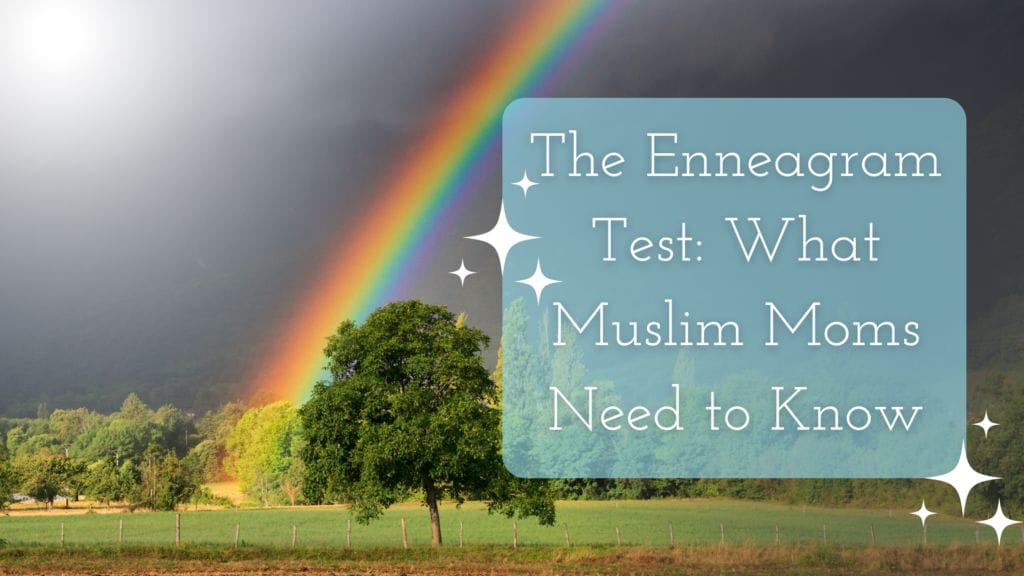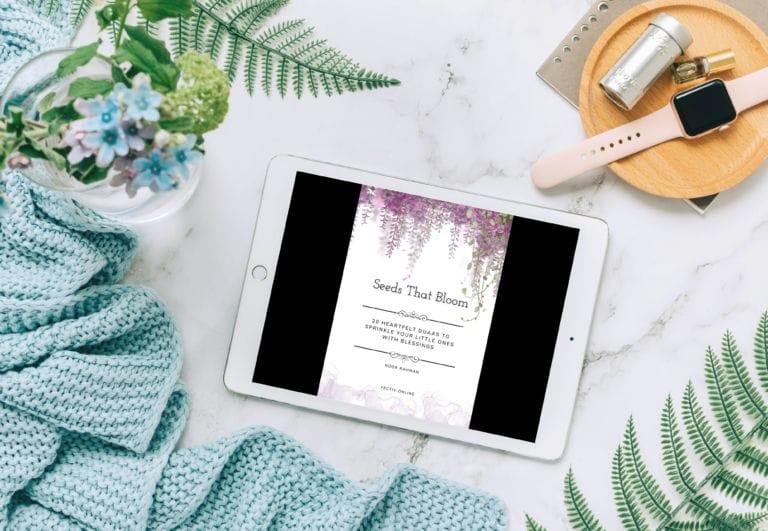
A Guide to Purity in Islam: Nurturing Faith in Everyday Parenting
Imagine, for a moment, you’re a child again, navigating through the complexities of the world with innocent curiosity. Now, as a Muslim mom, you’re the compass guiding your child’s understanding of purity in Islam. Your role is pivotal, a delicate blend of teacher, caretaker, guide, and protector. So, how can you ensure the values of purity and cleanliness central to our faith, while dealing with the spontaneous, beautiful chaos that comes with being a parent? Let’s explore this path together.
The Role of a Teacher in Upholding Purity in Islam
“You should not pass urine in stagnant water which is not flowing then (you may need to) wash in it.” – Prophet Mohammed (sallallaahu alayhi wasallam)
As Muslim moms, one of our first teachings about purity in Islam involves explaining why certain actions, such as urinating in still water, are not appropriate. It’s a lesson in respect for our environment and the resources provided by Allah, and a foundational element in understanding purity.
Towards Spiritual Cleanliness
“None of you should perform Ghusl in standing water when he is Junub (in a state of sexual impurity).” – Prophet Mohammed (sallallaahu alayhi wasallam)
As our children reach adolescence, lessons about purity begin to encompass spiritual cleanliness, like Ghusl (ritual washing) after certain actions or conditions. Open and sensitive discussions about these topics can help them grow into mindful, responsible adults.

Water in Islam
“Indeed, water is pure, and nothing makes it impure.” – Prophet Mohammed (sallallaahu alayhi wasallam)
Water is used for purification in Islam, not just physically, but spiritually as well. Discussing its purity can translate into lessons about conservation and teaching children to use this resource wisely. You probably already know that it is not good to waste water even if one is on the bank of a flowing river.
Learning Through Nature
“If a dog drinks from the utensil of anyone of you, it is essential to wash it seven times.” – Prophet Mohammed (sallallaahu alayhi wasallam)
This Hadith demonstrates a practical purification process, reinforcing the un-cleanliness of dogs and the significance of purity in Islam. Especially if you live in the West where many people have dogs as pets, it becomes necessary to educate children about how not-so-clean dogs can be.
Practical Applications of Purity in Islam
In Islam, purity isn’t just about physical cleanliness. A life with Islamic principles becomes tangible through everyday experiences, from purity in the utensils we use to our interaction with water and beyond.
Conclusion
In conclusion, as Muslim moms, our role isn’t just about raising children; it’s about nurturing future ambassadors of our faith. When we instill the value of ‘purity in Islam’ in our kids, we set them on a path of respect and mindfulness that extends far beyond their personal actions. The lessons of purity we teach will influence their interactions with the world, contributing to a ripple effect of positive impact.
Because children don’t come with a manual, it can be challenging to be a proactive, thriving parent. Here’s a simple, yet powerful, checklist for parents, with gentle reminders and hands-on tips focused on quality interactions with your children. It is formulated keeping their spiritual well-being and best interests in mind. Check Out This FREE Exclusive checklist. Don’t Be Left Out! Want to make your children happier in this world and the Hereafter? Get the checklist here



